Evolving entertainment: A chat with Rafi Hossain
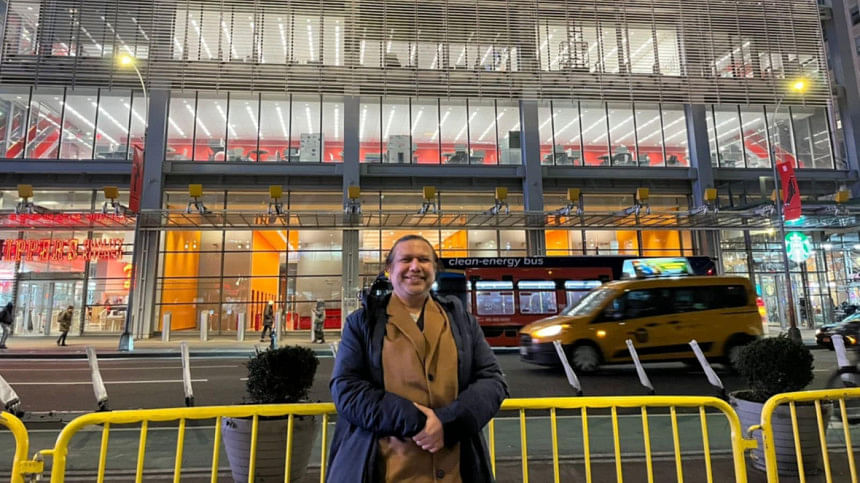
Rafi Hossain, a celebrated figure in Bangladeshi entertainment journalism and theatre, has spent decades witnessing the dynamic rise and fall of stars across television, film, and digital platforms. Former editor of Showbiz and a cultural activist from his early days with Dhaka Little Theatre, Hossain offers a sharp, insightful perspective on how the industry has transformed, its challenges, and the cultural forces shaping it.
The Daily Star caught up with Hossain to discuss his journey, the industry's evolution, and the cultural landscape of bangladesh.
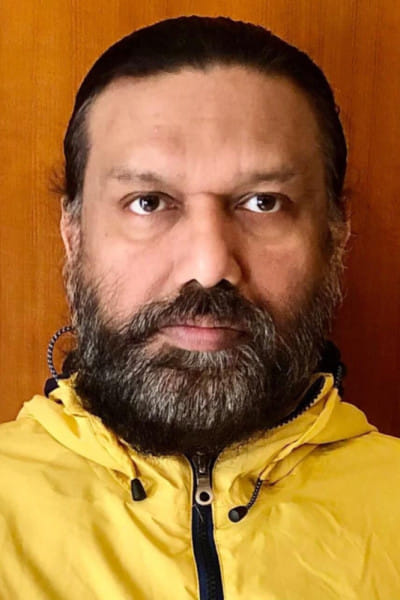
What inspired you to enter the entertainment world?
My roots are deeply embedded in theatre and cultural activism. Since childhood, I was part of groups like Dhaka Little Theatre, acting and engaging with cultural movements. This lifelong passion naturally drew me into entertainment, shaping my career from the very start.
How has Bangladesh's entertainment industry changed since you began?
Technological advances, especially digitisation, have revolutionised the industry. It's now faster and easier to reach audiences, and while younger artistes adapt swiftly, many veteran performers struggle with the pace. Globalisation has intensified competition, making quality more important than ever. Yet, syndication on TV and OTT platforms often recycles the same faces and pairings, which can become tiresome for viewers.
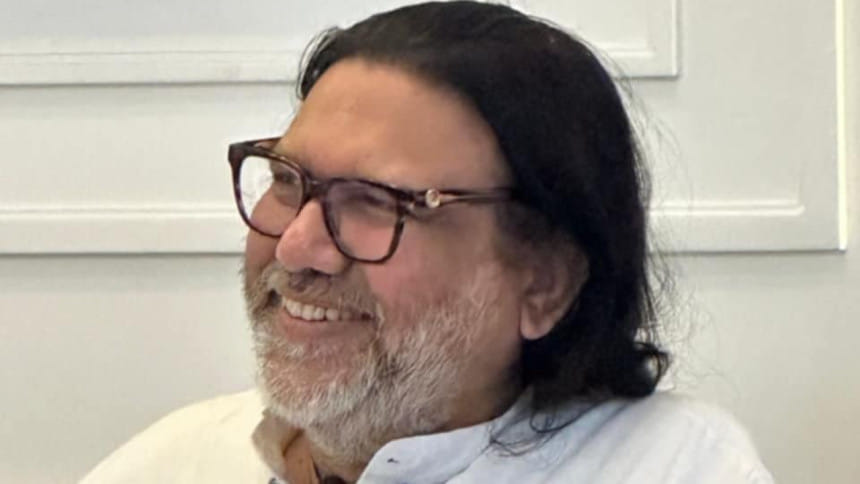
Do you see these changes as positive or problematic?
Overall, positive. We have better production quality, more platforms, and a new generation of committed artistes. The rise of YouTube and social media means more opportunities, but also a faster turnover in fame. While punctuality and professionalism sometimes falter among younger actors, the industry's growth is undeniable.
How did your early artistic ambitions shape your career choices?
Initially, I wanted to be a painter, but my middle-class family urged me toward stability. Journalism offered a balance between my passion for culture and practical career prospects. I started at The Daily Star in 1993, after working various jobs, and never looked back.
Do you think past governments failed to culturally engage the public, allowing extremism to grow?
Absolutely. Secularism remained a hollow slogan, never truly implemented in education or cultural policy—likely out of political fear. This neglect allowed extremist ideas to take root.
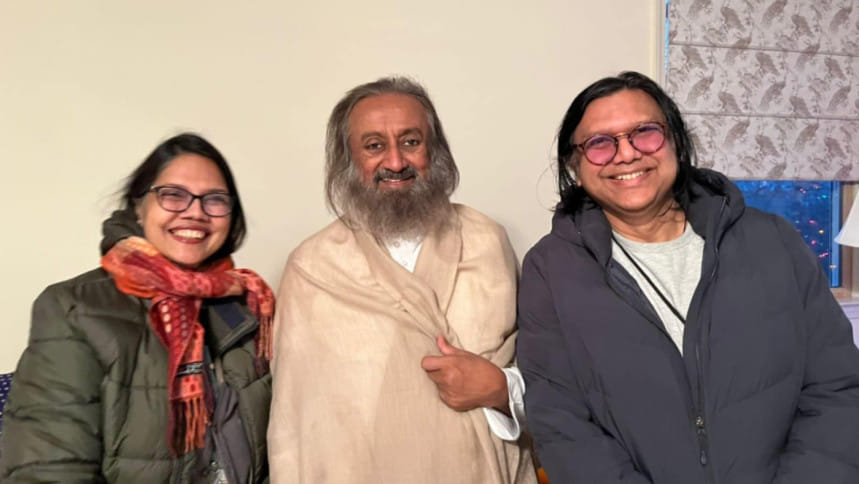
Why are regional films rare in Bangladesh despite the success of regional industries in India and the us?
It boils down to economics and respect for artists. Countries like India and the US heavily invest in their industries and honour the roles of writers, filmmakers, and journalists. In Bangladesh, a lack of systemic support and societal respect hampers growth.
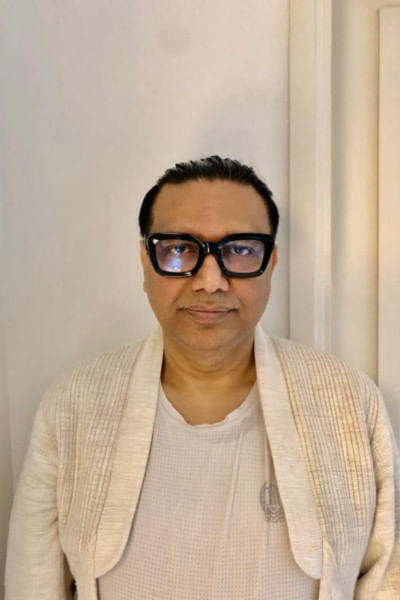
Is the lack of appreciation for film stars and artists a societal or industry failure?
Both. Society often views arts careers as a step down. There's a moral stigma around culture rooted in limited education and cultural grooming, which the industry struggles to overcome.
How was your experience interacting with Hollywood celebrities versus local stars?
Hollywood celebrities like Nicole Kidman, Tilda Swinton, Alfonso Cuarón, and Alejandro González Iñárritu were humble and approachable, treating journalists with respect. Here, access is limited, and stars rarely show that level of groundedness.

 For all latest news, follow The Daily Star's Google News channel.
For all latest news, follow The Daily Star's Google News channel. 




Comments